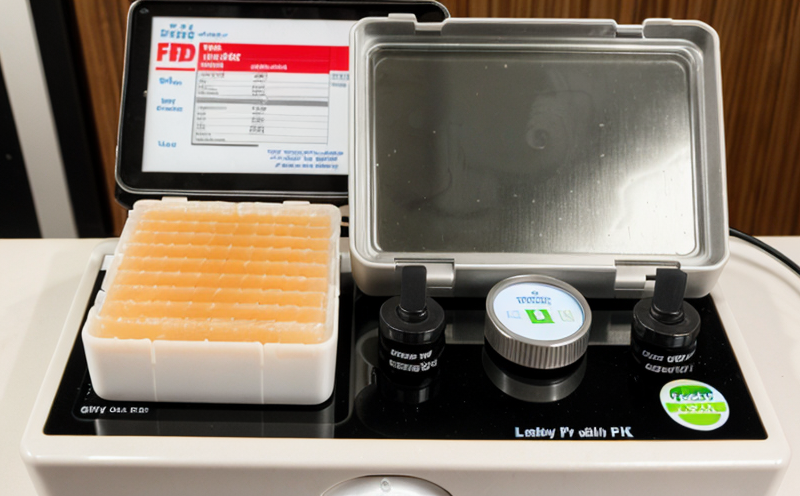ISO 17376 Polyunsaturated Fatty Acid Profiling in Seafood
The analysis of polyunsaturated fatty acids (PUFAs) is an essential aspect of ensuring the quality, safety, and nutritional value of seafood products. This service focuses on profiling PUFAs according to ISO 17376, a standard that provides guidelines for determining the fatty acid composition in marine oils using gas chromatography. Our expertise lies in providing precise and reliable results tailored to meet regulatory requirements and ensure product integrity.
The importance of this testing cannot be overstated. PUFAs are crucial components of seafood, playing significant roles in human health due to their anti-inflammatory properties and potential cardiovascular benefits. Accurate profiling helps in understanding the nutritional profile of different species and batches, which is vital for both quality control and consumer safety.
The methodology involves several steps: sample preparation, extraction of fatty acids from the samples, derivatization for gas chromatographic analysis, and finally, interpretation of results based on established standards. This process requires meticulous attention to detail, as even slight variations can lead to inaccurate results. Our laboratory employs state-of-the-art equipment and highly trained personnel to ensure precision throughout each step.
One of the key challenges in this testing lies in sample preparation. Proper handling ensures that all components are accurately measured and analyzed without degradation or contamination. We use standardized procedures recommended by ISO 17376, which help minimize errors and variability. Once prepared, samples undergo extraction using solvents like dichloromethane to isolate fatty acids.
Derivatization follows this step; it enhances the detectability of PUFAs during chromatographic analysis. This process typically involves converting carboxylic acids into their corresponding methyl esters through reagents such as boron trifluoride or methanolic hydrogen fluoride. After derivatization, samples are injected into a gas chromatograph equipped with a flame ionization detector (FID) to separate and quantify individual fatty acid components.
Post-analysis, we generate comprehensive reports detailing the fatty acid profiles of your samples. These reports are invaluable tools for decision-making within various sectors including food production, dietary supplement manufacturing, pharmaceuticals, and research institutions. By providing detailed insights into PUFAs content, our service supports informed choices regarding product formulation, labeling claims, and compliance with international regulations.
Understanding the fatty acid profile of seafood not only aids in meeting regulatory standards but also enhances consumer trust by promoting transparency about nutritional content. This information is particularly beneficial for companies seeking to differentiate their products through unique health benefits or sustainability practices aligned with global trends towards healthier eating habits.
- Compliance with ISO 17376: Ensures accurate and reliable data that meets international standards.
- Advanced Equipment: Utilization of high-performance gas chromatographs for precise analysis.
- Experienced Staff: Trained professionals who follow strict protocols to deliver consistent results.
- Standardized Procedures: Adherence to ISO 17376 guidelines ensures consistency across all analyses.





